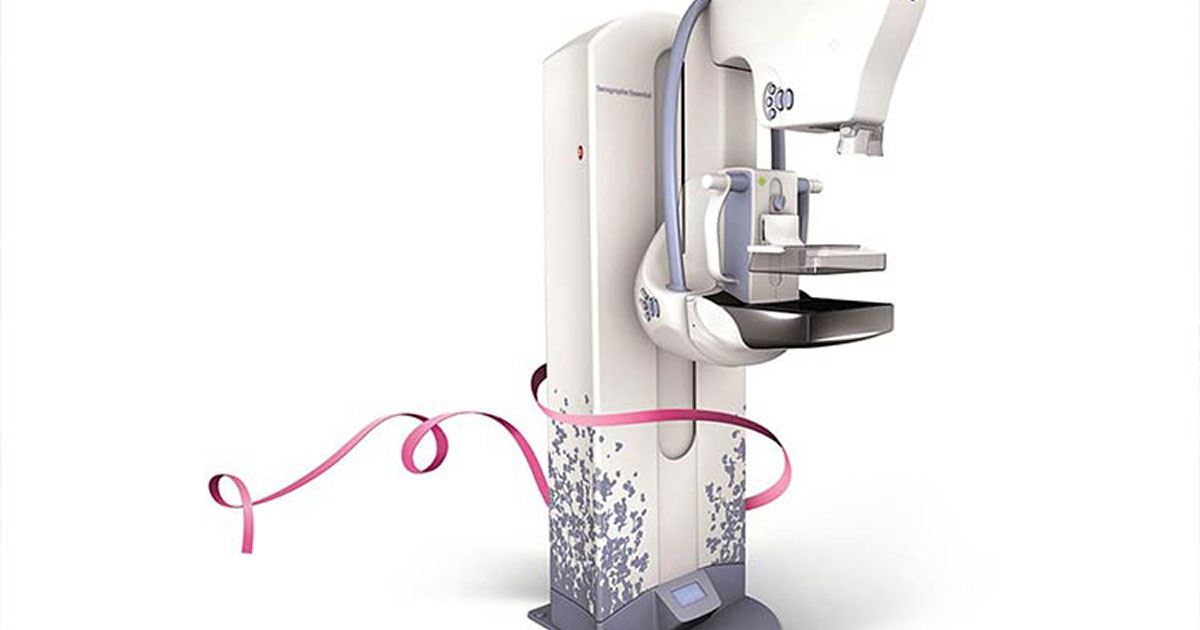Women's Wellness Exams
- Category: Women's Health
- Posted On:
- Written By: LVMC, Editorial Staff

Many female patients go to their wellness exam with a laundry list of questions they’ve been waiting all year to ask. Some questions are the variability of normal and some questions will be covered during her wellness exam.
Most of the time we are not able to address medical problems during the wellness exam. A wellness exam is very extensive and time-consuming in itself. It is not a simple heart and lung check anymore. Whether you are a child, teenager, a young woman, perimenopausal or postmenopausal, there are many topics to address.
Menstrual cycles (periods)
Either on a self-reporting form or during your office visit you will most likely be asked about your menstrual cycles. Are you having regular periods? Are you having any vaginal bleeding between your periods? Do you use tampons? If there are any abnormalities, this usually warrants a discussion about regulating cycles and variabilities of normal.
Relationships
Sexual activity increases many risk factors such as cervical cancer, sexually transmitted diseases as well as concerns about birth control. Young girls between 9 and 26 years old will be offered the HPV vaccine. The HPV vaccine helps to protect women from exposure to a high-risk type of virus which can lead to cervical cancer. Did we really say that? A vaccine to prevent cancer? Yes. Technology is finally catching up to our dreams. Vaccines are available now which will protect us from certain cancers. This can be a tricky subject to bring up in an exam. However, getting this particular vaccine can decrease a woman’s risk of cervical cancer down the road when she is sexually active. This usually involves a discussion of the risks and benefits of this vaccine.
You will find that most physicians are very excited about the HPV vaccine, as we have lowered our rates of cervical cancer by 58 percent since the vaccine has been widely used. In addition, STD protection may be reviewed regardless of age. It is just as important for postmenopausal women – as it is for teenagers -- to be reminded about using condoms.
Birth control
 This can be a long and lengthy discussion as there are many options available. The risks and benefits of each option will be reviewed, including oral contraceptive pills, birth control patches, injectable Depo-Provera, implant devices, intrauterine devices, tubal ligations, and vasectomies. They all have their side effects, but pregnancy often has more side effects than any birth control option. There is no cookie-cutter answer. This is unique to every person. Smoking status and family history will play into the physician’s advice on the best choice for your specific situation. Ultimately, you are the boss of your own healthcare, and once given the information you may make a choice that best fits your body and lifestyle.
This can be a long and lengthy discussion as there are many options available. The risks and benefits of each option will be reviewed, including oral contraceptive pills, birth control patches, injectable Depo-Provera, implant devices, intrauterine devices, tubal ligations, and vasectomies. They all have their side effects, but pregnancy often has more side effects than any birth control option. There is no cookie-cutter answer. This is unique to every person. Smoking status and family history will play into the physician’s advice on the best choice for your specific situation. Ultimately, you are the boss of your own healthcare, and once given the information you may make a choice that best fits your body and lifestyle.
Pap smears
We don’t do yearly Pap smears anymore. In fact, the guidelines have changed and we don’t offer Pap smears until a woman is 21 years old. Guidelines are now Pap smears every 3 years depending on risk factors. You may be asked a series of very personal questions such as: Are you sexually active? How many partners have in the last year? How many lifetime partners? Also, your previous Pap smear may be relevant. We can perform gonorrhea, chlamydia, and high-risk HPV screening from the Pap smear swab. This will all be determined during your wellness exam.
Vaccines
No matter your age, there will be a discussion about your immunization status, and many questions that need answering. We recommend a flu vaccine starting in the fall of each year. Yes, we want you to have a flu vaccine and yes, we obtain them ourselves as physicians. Tetanus and whooping cough vaccine, and Hepatitis A/Hepatitis B will be offered to every person no matter their age. Did you have chickenpox as a child? If you answer yes and you are over 50 years old, you may be considered for a shingles vaccine. If you have no history of chickenpox and you did not take care of children who did have chickenpox, it may be necessary to verify your immune status.
Do you have diabetes, an immune-compromised state, or asthma? Are you over 65? You may be eligible for two pneumonia vaccines: Prevnar 13 and Pneumovax 23. Do you have your childhood immunization record? You may be asked to verify measles/mumps and rubella immune status since we have had a measles outbreak in the state of California. Are you going to college? Meningitis vaccines may be offered to you as well.
Laboratory
Do you have a family history of diabetes? Do you have family members who have had a heart attack at an early age? Depending on your family history and your own personal medical history, yearly laboratory checks may be recommended. Do you want to know how long you will be fertile? There is also a test available for that. Do want to know if you have a genetically inherited gene that increases your risk of cancer? There are medical geneticists who can decide if you would warrant screening for genetic markers which may increase your risk of certain cancers.
Breast exam/mammogram
 A breast exam may be performed during your office visit and a mammogram may be recommended depending on your age. American College of Gynecology (ACOG) releases guidelines every year on mammogram and Pap smear recommendations. Depending on your family history, breast exam, last year’s mammogram results and your comfort level, the frequency of the mammogram will be determined during your wellness visit. We try to balance limiting radiation to the patient versus detecting early cancers.
A breast exam may be performed during your office visit and a mammogram may be recommended depending on your age. American College of Gynecology (ACOG) releases guidelines every year on mammogram and Pap smear recommendations. Depending on your family history, breast exam, last year’s mammogram results and your comfort level, the frequency of the mammogram will be determined during your wellness visit. We try to balance limiting radiation to the patient versus detecting early cancers.
Lung cancer screening
The United States Preventive Services Task Force recommends annual screening for lung cancer with a low-dose CT scan of the chest in adults 55-80 years old who have a 30-pack-year smoking history and currently smoke or have quit within the last 15 years. So don’t smoke. Smoking cigarettes significantly increase your risk factor for lung cancer, heart attacks, blood clots, and strokes. It is bad, in case you haven’t heard.
Living Will/Advanced Directives
You are always the boss of your own healthcare. However, if for any reason you are unable to speak, you may want to have a medical power of attorney, and an alternate, whom you designate. Advanced directives include your wishes for the use of CPR, ventilators, and feeding tubes if you need them. This is a very personal and spiritual choice for patients. To avoid any unnecessary lawsuits or misunderstandings during a difficult situation, making your wishes known in writing prior to a time of crisis can save you a lot of stress should it ever be needed. Hopefully, the situation does not come up, but it is nice to have your wishes known and respected.
Colonoscopies
Every person over 50 years old should have a colonoscopy. How often it is repeated depends on your family history and previous colonoscopy. Physicians may also recommend colonoscopies earlier than 50 years old depending on family history.
Other health issues
You may be educated on the importance of sunscreen. A brief skin exam may be performed as well and if you have a particular mole or changing skin lesion this may need to be examined. A dermatology referral may be given if you have a family history of melanoma. We also remind you to obtain dental exams every 6 months and eye exams depending on your risk factors.
We have discussed very intimate and personal information, reviewed the risks and benefits of certain vaccines, and screening tests, and a lot of information has been provided. Wellness exams have become so complicated that your primary care provider may not have a chance of reviewing every single detail during one office visit. With so many options and issues to consider, your primary care provider may ask you to make another appointment to discuss problems or handle specific concerns.
We are living in exciting times with lots of information. This is why you have a primary care physician to help you stay well. If you haven’t had your physical in a while, make an appointment. Healthcare providers are your advocate. We care about you.






.jpg)